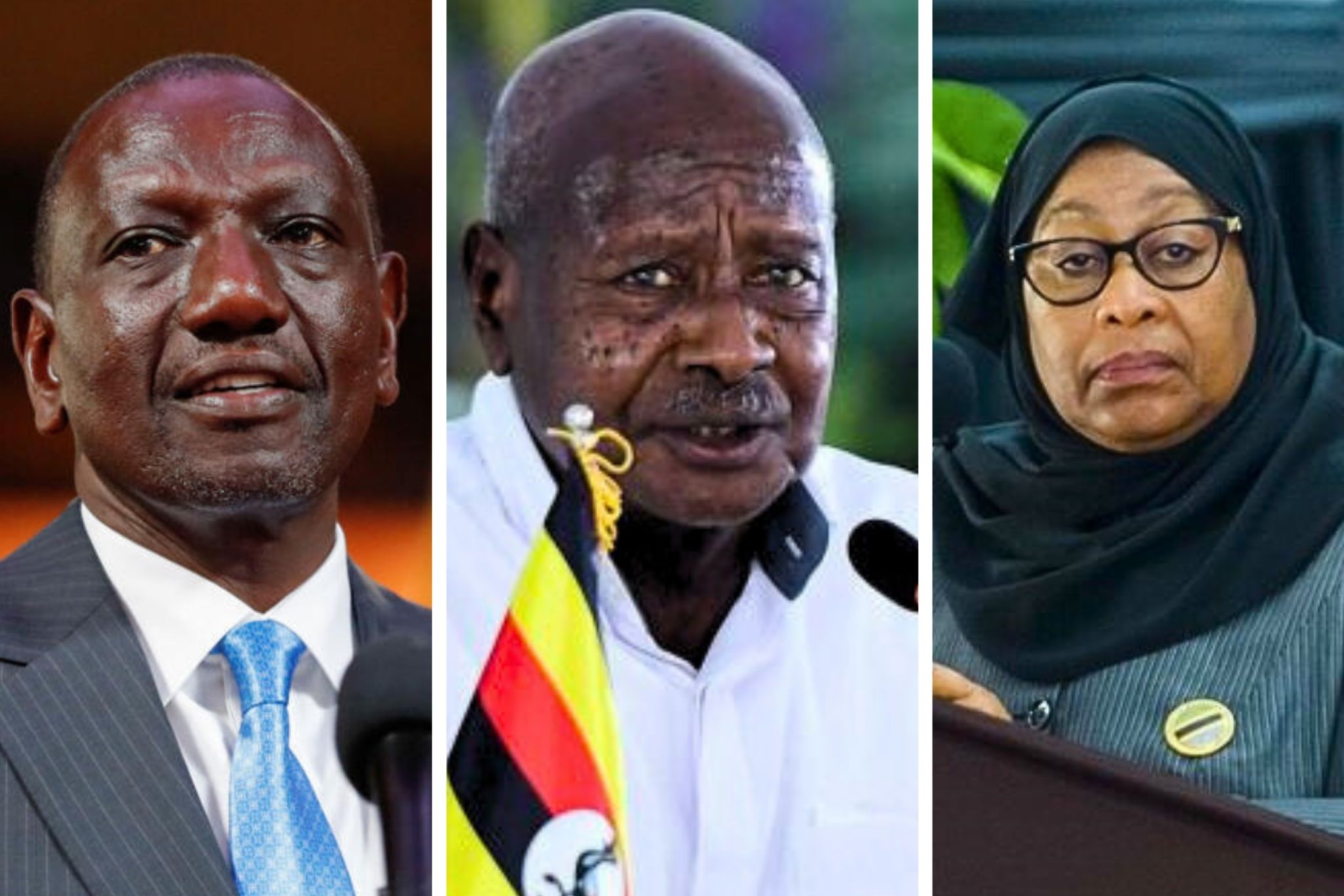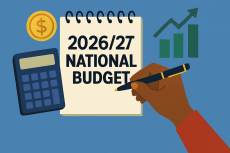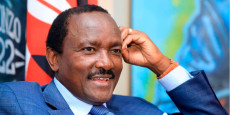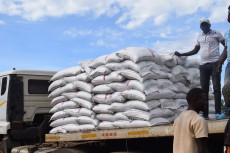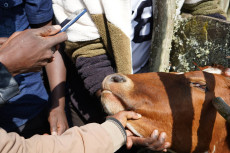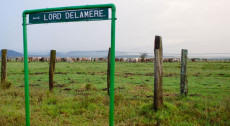- The governments of Kenya, Uganda, and Tanzania are now a concerning favourite of the media on a global scale. The democratic and human rights situations in these countries are questionable, suggesting a possible regional crackdown on civic freedoms.
Ronald Reagan, the 40th President of the United States of America (USA), eloquently opined that “Government’s first duty is to protect the people, not run their lives.”
In the quest to define good governance, we must acknowledge that doing good encompasses the unwavering protection of individual rights, upholding the liberty and dignity of each citizen within a democratic nation.
When a regime drifts away from prioritizing the welfare of its citizenry, it risks destabilizing the core and essence of Democracy. This consequently sends the country into a fatal political fervour. But what happens when the disarray spills over its borders and creeps into its neighbours' territories?
The governments of Kenya, Uganda, and Tanzania are now a concerning favourite of the media on a global scale. The democratic and human rights situations in these countries are questionable, suggesting a possible regional crackdown on civic freedoms.
In November 2024, Kizza Besigye –Uganda’s opposition leader, faced detention in Nairobi, Kenya, after which he was remanded. The former military officer clocks more than six months behind bars awaiting a winding case in which he faces treason charges.
Read More
A similar episode is unravelling in Tanzania, where Chama cha Demokrasia na Maendeleo (CHADEMA) party chair Tundu Lissu is facing charges of treason after publicly criticizing the government’s handling of electoral reforms and police violence. This offence carries a potential death sentence under Tanzanian law. The outcome will certainly influence the October polls.
Here in Kenya, Rose Njeri, a software developer, created Civic Email, a platform designed to facilitate direct feedback from citizens to lawmakers on the 2025 Finance Bill, thereby streamlining public participation. Unfortunately, Njeri faces charges of unauthorized interference with a computer system under the Computer Misuse and Cybercrimes Act.
Ironically, Nairobi is regarded as Africa’s silicone savannah, highlighting the country’s thriving tech ecosystem. In a typical timeline, Njeri’s innovation would have been received heartily, but the political tension is too high, especially now that the Finance Bill 2025 debates kick-off and the calendar is fast approaching the June 25 first anniversary.
These countries are in what Dr Barrack Muluka has termed “paranoia.” And they are right to be paranoid because the youth, particularly Gen Z, are no longer restricted by proximity. Social media is now their ironclad defence, and unity is their cadence.
The time is nigh for the East African Community (EAC) to play its pivotal role of deepening cooperation among member states in politics, economics, and social issues. This will, in turn, improve the well-being of citizens before “the Autumn turns into an ugly winter,” as ex-Nigerian President Obasanjo Olusegun said.

